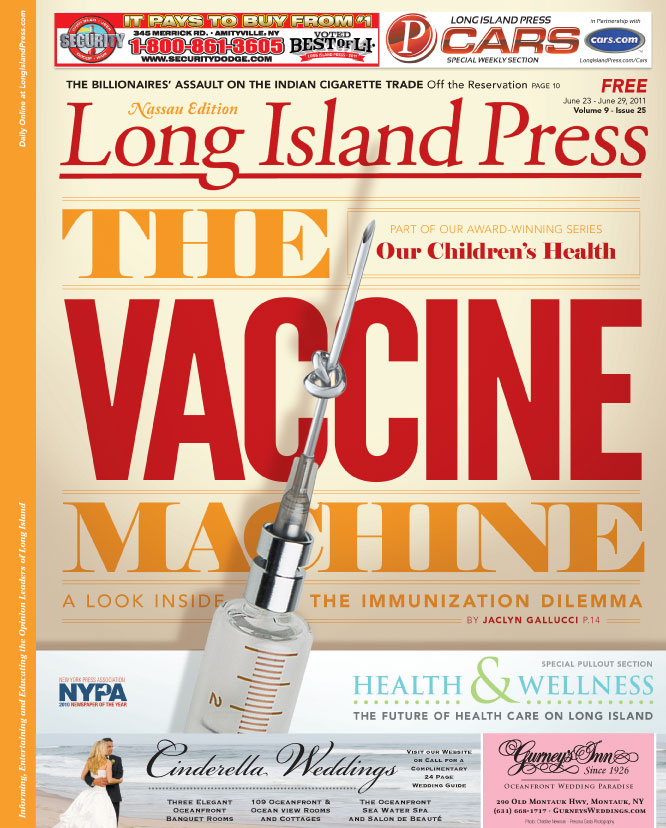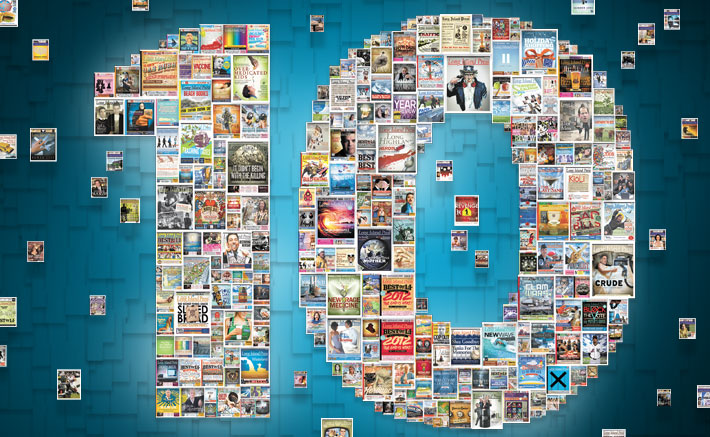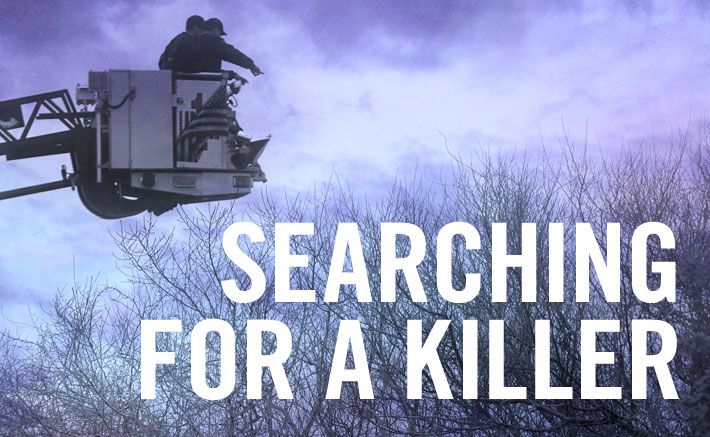
The 1952 polio epidemic was one of the largest and most frightening public health crises in the United States, with outbreaks in all 50 states. Of the nearly 58,000 cases reported that year, 3,145 people died and 21,269 were left paralyzed. Until 1955, when New York City’s Dr. Jonas Salk introduced his vaccine, polio was a constant terror. When asked in a televised interview who owned the patent for the vaccine, Salk replied, “There is no patent. Could you patent the sun?”
Well, times have changed. Now pharmaceutical companies are highly protective of their assets, because vaccines are not just medical breakthroughs, they are also big business. In fact, Salk’s vaccine went on to raise manufacturer Eli Lilly’s profit by 90 percent in 1956, bringing in a total of $13.7 million in revenue for the company, in addition to the millions it made other manufacturers of the time. Today, companies like Merck bring in billions by manufacturing vaccines for everything from chicken pox to the flu.
And, today, children who follow the U.S. Centers for Disease Control and Prevention (CDC) recommended schedule receive 69 doses of 16 vaccines—46 more doses than they did 30 years ago, and the highest amount given in any country in the world.
Parents, faced with a barrage of polarizing opinions and a handful of conflicting studies, remain in a constant search for definitive answers. But right now, there aren’t any.
A recent University of Michigan study found that 76 percent of parents rely on their pediatricians to make the decision.
Vaccine proponents and the medical community at large argue that vaccination is safe and that illnesses including pertussis (whooping cough), rubella and diphtheria—epidemics that once killed thousands every year—are now prevented by vaccination and the enforcement of government mandates requiring children to have certain vaccinations before they are allowed to attend school.
“Thanks to immunizations, diseases like polio that were once common, are now only distant memories for most Americans,” says the New York State Department of Health. “Today there are few visible reminders of the suffering, injuries and deaths caused by diseases that are now prevented with vaccines.”
Vaccine opponents, namely parent activists and a very small minority of doctors and scientists, argue that infant immune systems are too weak to handle these shots, and that the possible side effects of vaccination, including seizures, paralysis and death, are overlooked by pharmaceutical companies and are not worth the risk. These critics say vaccines can trigger developmental problems like autism.
“Selling vaccines is extremely profitable and the process of mandating vaccines is fraught with conflicts of interest,” Michael Belkin, father of a child who died post-vaccination, told health officials. “The business model of having the government mandate [that] everyone must buy your product is a monopolist’s delight.”
The vaccine argument has reached a stalemate, leaving the general public wondering whom they should believe. Meanwhile, parents across Long Island and the nation are faced with their first vaccination decision within hours of their infants’ birth—and, one way or the other, they need to make a choice.







